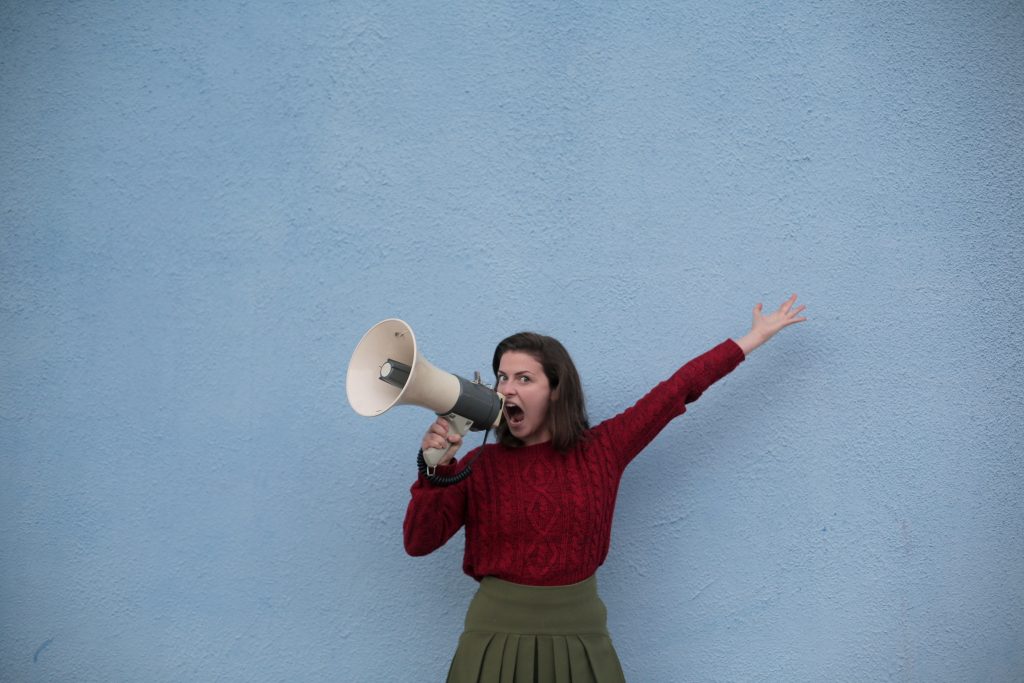- Introduction
Welcome to our Self-Advocacy Kit. We have created it for anyone who wants to discover and build those powerful personal skills that are about:
- knowing yourself, your rights, and what matters to you;
- discovering your most powerful way to communicate that to others;
- knowing how to take care of yourself when making changes is challenging.
We hope this kit will be helpful for many people. This kit can be used by a person reading it on their own, in a group where ideas can be discussed, or in a workshop.
We know some of the ideas in this kit can be challenging. Speaking up for ourselves isn’t always easy. Sometimes we can have fears or concerns about what might happen when we speak up. We encourage readers to talk about these ideas with a trusted friend or support person and, if possible, first try out these ideas in situations that feel safe and supportive.
Who is this kit for?
In our organisation we meet many people with disabilities. A lot of those people are dealing with things that are not OK in their lives. Some find it hard to speak-up about what is not OK. We know there can be a lot of reasons why it can be hard.
But we also know that people can build skills, become more confident, and discover how they can help themselves make a difference in their own lives.
This kit is for people who want to start discovering and building those skills.
What is Self-Advocacy?

Self-advocacy means speaking up for our rights, our needs and the things that are important to us.
We self-advocate in many ways and we do it for many reasons.
We self-advocate when we make everyday choices for ourselves, like what clothes we want to wear and what food we want to eat.
We also self-advocate when we:
- let other people know what is OK and not OK in our life;
- ask for a change in a situation when something is not OK for us;
- talk about our skills and what we can offer in a job interview;
- identify a problem in our life, work out who can help us fix the problem, and then communicate with that person to get it solved;
- talk to people in power, like politicians, about what matters to us and the changes that we want to see made in policies and laws.
We self-advocate
- to make our lives better;
- to remind people that we have rights and that we should be treated fairly and with the same respect as everyone else;
- to have our say in the decision-making in our families, communities, and in the world of politics.
We self-advocate because we all share the same human rights.
We will explore human rights in this section.
You can download a text copy of the video here:-
